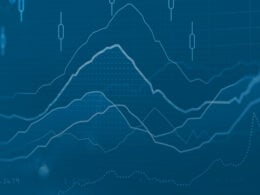
Insights
Access the market perspectives and expert knowledge that can help you stay ahead.
Showing:
- Financial Institutions
1-24 of 71
results

What we do
Discover how we effectively manage and mitigate financial risk with advisory, process, and technology.
Our solutions
Discover how Chatham’s solutions can transform our knowledge and expertise into your opportunity.















